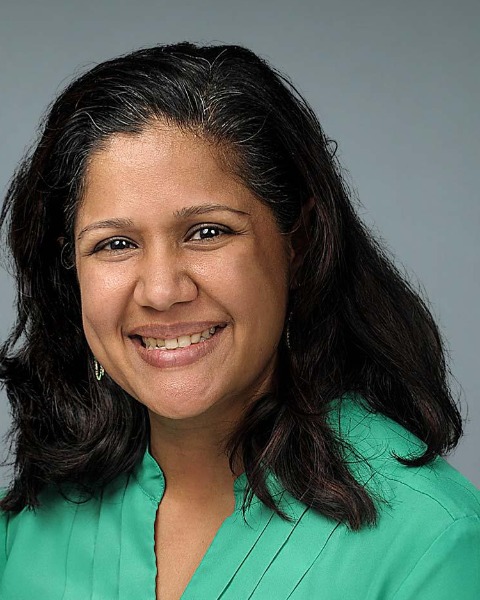Clinical Care
Trainee
Sharing serious information with family in a NICU setting: Developing a standardized interprofessional approach
-

Amrita Nayak, MD (she/her/hers)
Attending Neonatologist
New York University Long Island School of Medicine
Mineola, New York, United States -

Priya Pinto, MD FAAHPM (she/her/hers)
Associate Professor/Attending Physician
NYU Long Island Hospital/School of Medicine, United States -
SC
Sean Cavanaugh, MBA (he/him/his)
NYU Grossman Long Island School of Medicine
Mineola, New York, United States
Leader(s)
Co-Leader(s)
Workshop
Description: Neonatology is a very rewarding specialty where we help to heal the sickest and most vulnerable population. We see a wide range of outcomes and emotions from the 2 ends of the spectrum of life and death where we have a 22-week-old who may survive despite all the odds and some very sick infants who may not survive despite maximal medical interventions. During training as a pediatric resident and fellow, we learn how to deal with all the medical aspects of patient care, but there is limited formal training on how to communicate in a standardized way with the families of these very sick infants to convey serious information. Numerous studies demonstrate that patients generally desire frank and empathetic disclosure diagnoses, prognosis or any significant changes in clinical course. Focused training in communication skills and techniques in sharing serious information has been demonstrated to improve patient satisfaction and physician comfort.
Objectives: To identify standardized tools used for sharing serious information in a clinical setting. Utilize the BREAKS protocol to share serious information (SSI) with a standardized participant. Examine benefits of using BREAKS protocol to share serious information.
Methods: Interprofessional approach with introduction to skills by didactic presentations, demonstrations, discussion-pretest, case, debrief with BREAKS protocol. Opportunity to practice skills and reflect upon performance- self-evaluation before and after the course.Feedback on performance- expert opinion from content expert, standardized patient, peers. Pre project questionnaire assessing comfort level and confidence, case, debrief with BREAKS, post case questionnaire.
Learning Objectives:
- Identify standardized tools used for sharing serious information in a clinical setting.
- Utilize the BREAKS protocol to share serious information (SSI) with a standardized participant.
- Examine benefits of using BREAKS protocol to share serious information.
